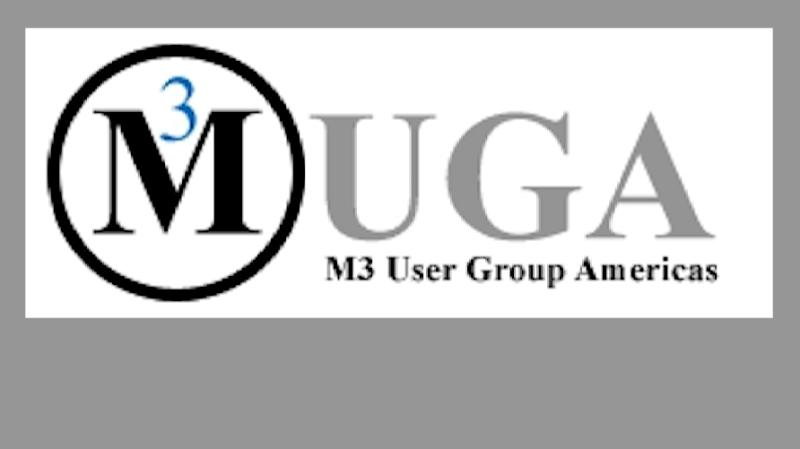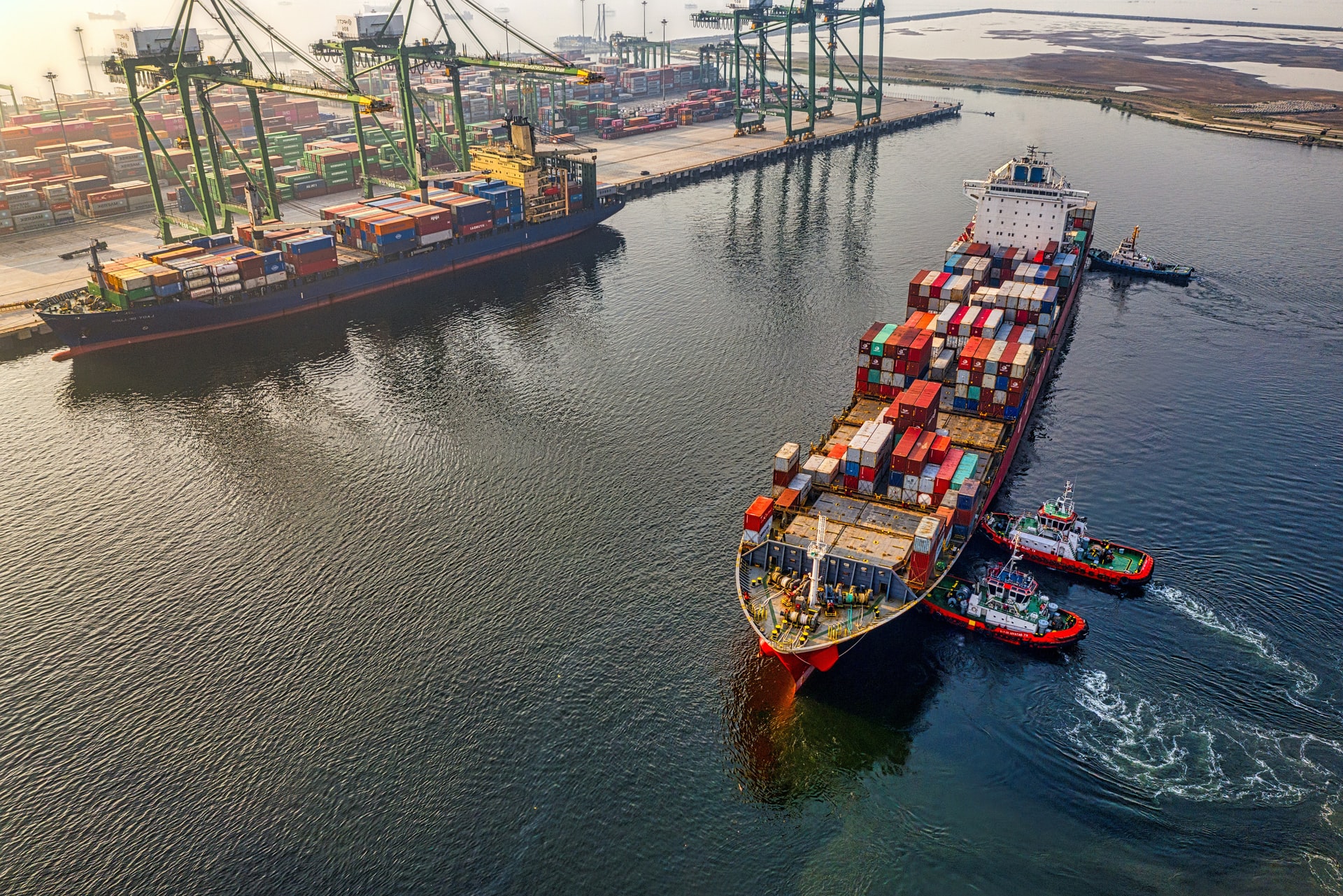As the industrial landscape continues to evolve at an accelerated pace, manufacturers face increasing pressure to remain competitive, cut costs, and respond to shifting customer demands. A key enabler of success is leveraging the right technology—tools that not only streamline operations but also unlock new opportunities for growth and innovation. Infor OS, a transformative platform that is reshaping the future of industrial manufacturing.
Infor OS is a comprehensive cloud-based platform designed to integrate various business processes and provide manufacturers with the tools they need to enhance efficiency, innovation, and flexibility. By combining cutting-edge technologies like artificial intelligence, machine learning, the Internet of Things, and data analytics, Infor OS empowers manufacturers to stay ahead of the curve and drive their businesses into the future.
What is Infor OS?
Infor OS is an enterprise-grade platform built specifically for the modern, digital-first world. It acts as the backbone of Infor’s cloud-based enterprise resource planning solutions, connecting disparate systems, applications, and data sources within a unified ecosystem. Infor OS integrates seamlessly with other Infor software, enabling manufacturers to streamline operations, reduce silos, and improve real-time decision-making.
The platform provides a range of features that help manufacturers optimize their operations:
Data Integration & Connectivity: Infor OS connects all facets of the manufacturing business, enabling seamless communication and data flow across systems. This means better collaboration, smoother workflows, and reduced time spent on manual data entry.
Cloud-Native Architecture: Being cloud-based, Infor OS offers unparalleled flexibility, scalability, and security. Manufacturers can access the platform from anywhere, on any device, ensuring that teams are always connected and in control.
Advanced Analytics & AI: Infor OS leverages powerful AI and machine learning capabilities to analyze massive amounts of data, providing manufacturers with actionable insights. This enables predictive maintenance, demand forecasting, and other data-driven decision-making processes that can dramatically improve operational efficiency.
A New Era of Efficiency
The hallmark of Infor OS lies in its ability to optimize processes and reduce inefficiencies at every stage of production. By centralizing data and automating repetitive tasks, manufacturers can focus on value-added activities rather than getting bogged down by manual work.
- Streamlined Operations
Infor OS enables end-to-end visibility into operations, giving manufacturers real-time access to critical data, production schedules, and inventory levels. This transparency allows companies to monitor their processes continuously, identify bottlenecks, and take corrective actions promptly.
- Improved Collaboration
In traditional manufacturing environments, departments often work in silos, leading to communication breakdowns and delayed decision-making. Infor OS breaks down these barriers by connecting various functions within the business, ensuring that every department—from sales to procurement to production—has access to the same real-time data.
- Reduced Downtime and Maintenance Costs
Infor OS uses AI-powered predictive maintenance tools to monitor machinery in real time. By analyzing sensor data from IoT-enabled equipment, the platform can predict when a machine is likely to fail and recommend timely interventions. This helps manufacturers reduce unplanned downtime, extend the lifespan of their equipment, and lower maintenance costs.
Fostering Innovation in Manufacturing
Beyond just optimizing existing processes, Infor OS paves the way for true innovation in the manufacturing sector. By providing manufacturers with advanced analytics, automation capabilities, and new digital tools, Infor OS helps businesses unlock their creative potential and transform their operations.
- Smarter Product Development
Infor OS enhances the ability to design and manufacture products that meet customer demands more effectively. With better data insights, manufacturers can identify trends, gauge customer preferences, and develop smarter products that are aligned with market needs. This accelerates the product lifecycle and allows for quicker go-to-market times.
- Agility and Flexibility
One of the key benefits of cloud-native platforms like Infor OS is the level of flexibility they offer. Manufacturers can quickly adapt to changing market conditions, whether it's scaling operations up or down, responding to supply chain disruptions, or experimenting with new production methods. This level of agility is crucial for staying competitive in the fast-paced industrial world.
- Sustainability Initiatives
In a world where sustainability is becoming increasingly important, Infor OS enables manufacturers to track their environmental impact and optimize resource usage. By leveraging data analytics and AI, manufacturers can better understand energy consumption patterns, minimize waste, and make environmentally conscious decisions that contribute to a greener future.
.



%20(3).png)

%20(1).png)
%20(2).png)


